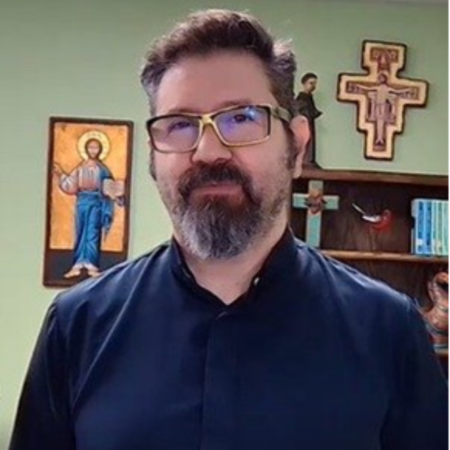John sets the stage for an account of a dramatic crisis. After the lengthy discussion in the synagogue at Capernaum about his flesh as food, some followers abruptly realized they would no longer walk with Jesus.
Their instinct is clear: this word is problematic. Who can tolerate it?
Some of the Savior’s invitations are challenging to digest. Jesus directed the rich young man to sell everything and give it to the poor. His words on the mountain were also harsh: Blessed are the persecuted, blessed are those who mourn.
Jesus is not proposing a new morality; Instead, he opens the eyes of faith: I am the bread of God; I transmit the life of God; my flesh gives life to the world.
No one had ever stated ‘I’ with such absolute certainty.
No one had ever spoken of God like this: a God who does not shed blood, he sheds his blood; a God who accepts to die for love, who makes himself as small as a piece of bread, makes himself heavenly sustenance for humans. We are obsessed with external practices, rites, and obligations; Jesus tells us it’s about being one with God.
Jesus, there is no one else worthy of entrusting my life to. Your words are like fire—tender as a breeze, forgiving as a sunrise. When you speak, our souls feel alive and renewed; you exude life. Your words are eternal but challenging. I trust in you.

